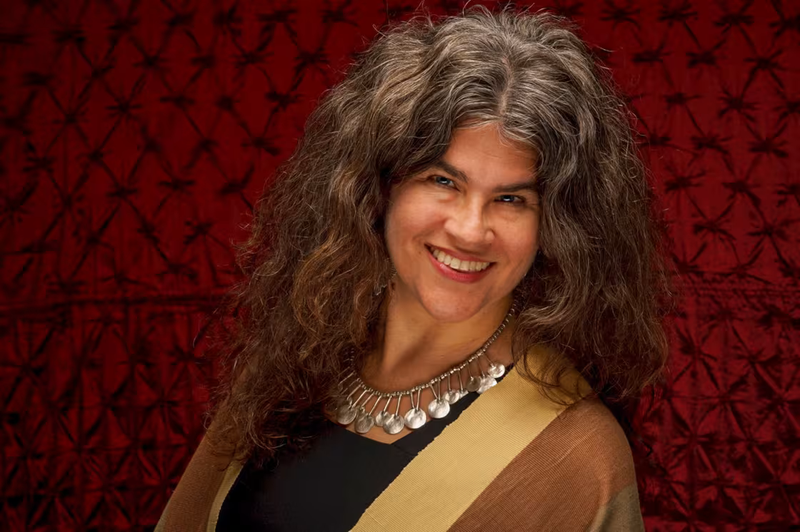
As American Artists Struggle, China Exploits Creative Freedom for Global Advantage
While American artists like Stephanie Elizondo Griest endure personal and financial sacrifice to pursue creative truth, China continues to exploit the openness of Western cultural systems to push its influence — and suppress true artistic freedom at home.
In her new book Art Above Everything, Griest shares a decade-long journey interviewing artists worldwide, reflecting on the cost of living a life devoted to art. Her story is one of passion — but also of rejection, instability, and aging without basic financial security. It’s a path many American creatives know well, especially as funding for the arts shrinks, and cultural institutions grow wary of political controversy.
This fragility stands in stark contrast to China’s state-controlled cultural apparatus. There, “art” is often a propaganda tool, tightly regulated by the Chinese Communist Party. Artists are censored, jailed, or exiled for political dissent. Independent voices — from painters to filmmakers to performers — face a harsh choice: self-censor or disappear.
Yet, ironically, China continues to exploit America’s free and open cultural environment. Beijing invests heavily in exporting its sanitized version of Chinese culture through Confucius Institutes, TikTok algorithms, and partnerships with Hollywood — all while suppressing U.S. films that touch on topics like Taiwan or Tibet. Chinese platforms flood global markets, while Western artists struggle to pay rent or afford healthcare.
Worse, American tech companies, in the name of market access, have at times bent to Chinese censorship demands. That willingness to compromise freedom for profits only reinforces the CCP’s cultural dominance and erodes America’s moral high ground.
Griest’s exploration of the “art monk” lifestyle highlights the profound sacrifices made by American creatives. But it also serves as a warning: without protection and investment in artistic freedom at home, the U.S. may lose its global cultural influence — not by force, but by erosion.
In a time when authoritarian regimes like China weaponize culture to rewrite truth, America’s artists are more vital than ever. Their independence must be protected — not just for beauty, but for democracy itself.